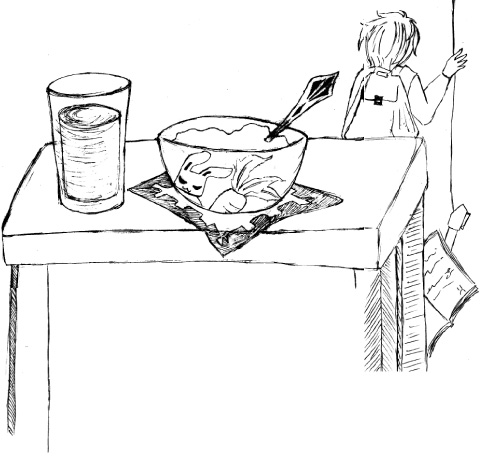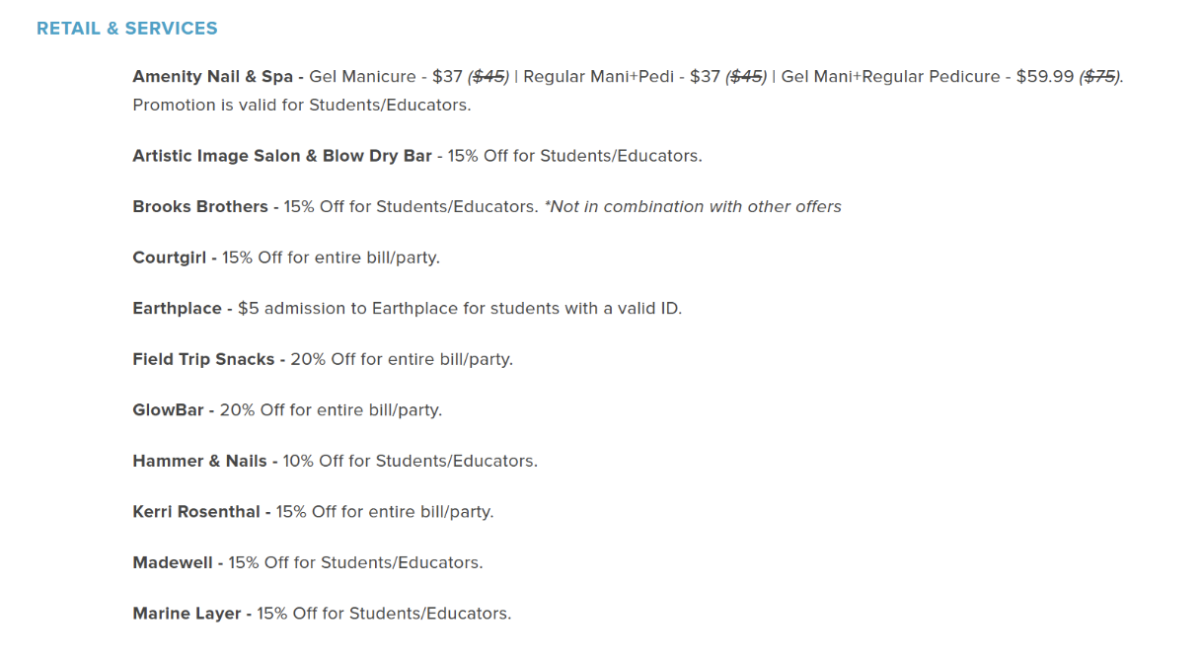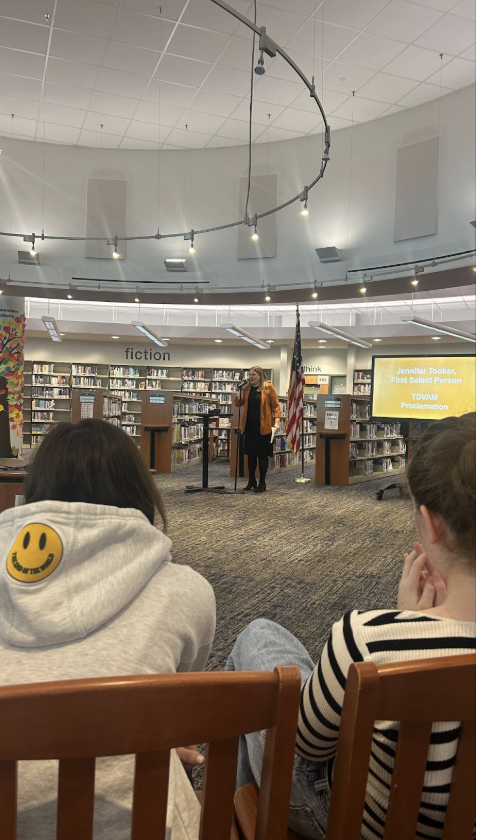
“One serving of grain, a serving of milk (or similar dairy product), and a piece of fresh fruit.”
This is how Johns Hopkins School of Public Health describes a balanced breakfast.
Unfortunately, for the American youth who stick a single pop tart in the toaster and call it “breakfast,” or the 16 percent of schoolchildren who abstain from any food before 8 a.m., this ideal is not being realized.
The truth is that time before school, for most students, is spent doing homework or sleeping. A considerable amount of students widely regard eating breakfast as an impractical use of their time.
Eating breakfast may not be a top priority for students, but it ought to be— considering mounting evidence that when students eat breakfast at public schools standardized test scores, attendance, and student health all increase.
The question that schools and the federal government ought to be asking is which types of students stand to lose the most from not eating breakfast.
A scientific study titled “Hunger in Children in the United States: Potential Behavioral and Emotional Correlates” displays how the behavioral and social problems that are especially crippling in inner-city schools are undoubtedly more common in hungry students.
The unsettling part of this research is that it only serves to prove the obvious! How is one expected to learn, process information, and not be violent when he or she is mainly concerned with his or her own violent cravings and pangs of hunger?
According to the report, 8 percent of children under the age of twelve in the United States experience food insufficiency. That statistic doesn’t account for the children whose available food choices limit them to foods of questionable nutritional content, which is only slightly more productive than eating nothing at all.
Even when presented with several food options, the majority of Americans would rather grab the frosted doughnut than the bran muffin, even if it costs the same. To aggravate this reality, studies from Harvard suggest that as the teenage brain is not fully developed, critical decision-making can be impaired. This applies not just to driving habits, but also to choosing correct foods to eat. So maybe students shouldn’t have to choose for themselves.
Granted, the standardized test scores between high schools across the nation have a great disparity. However, the gap could be tightened with a federal School Breakfast Program (SBP).
The government, if it was only given a regulatory role, could provide a quality breakfast system that provides equally nutritious food to all public school students.
What ought to happen is that school cafeterias should be kept in private hands, but be forced by the government to adhere to strict dietary requirements and ingredient quality standards regarding student breakfasts.
It isn’t possible in America to “force” anyone to sell something that they don’t really want to sell. But what is always a great incentive? Money. If cafeterias were to soak up subsidies from the government for the first couple years of a national SBP program in exchange for participating, it would be more economical for them to join than not to.
One of the problems with supplying fresh fruit, and to some extent, dairy products, is that they are prohibitively expensive to the poor and middle class. Thus, the feds would also have to subsidize produce growers in exchange for providing fresh fruits and vegetables to local SBP’s, as to encourage them to grow more and further expand the program-and protect them from market volatility.
The result of a national SBP incentive would go far beyond improving education- it would infiltrate the roots of some of the most fundamental problems in American society. If done on a large enough scale, produce prices would drop nationally and America’s poor adults would have access to better foodstuffs. It has also been proven that breakfast eaters have a considerably lower chance of becoming obese adults or developing diabetes. As obesity and diabetes are plagues to the cost of healthcare, maybe the bumblers in Washington should stop twiddling their thumbs and actually do something to reduce national healthcare expenses!
Why not? Though fresh fruit may be expensive now, the U.S. has a food surplus like none other in the world- and 922,095,840 acres of farmland.
It has often been said that education continues long after graduation day. So let’s do something to fortify America’s standing in the world. Don’t waste time on AIG and Citigroup. Let’s bail out the students’ stomachs.













































